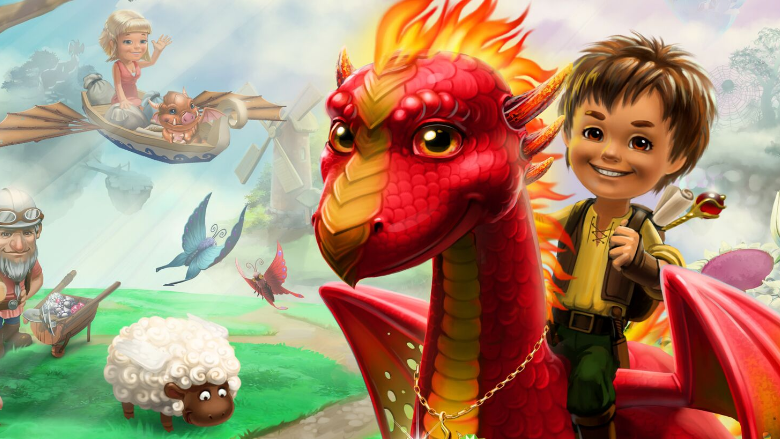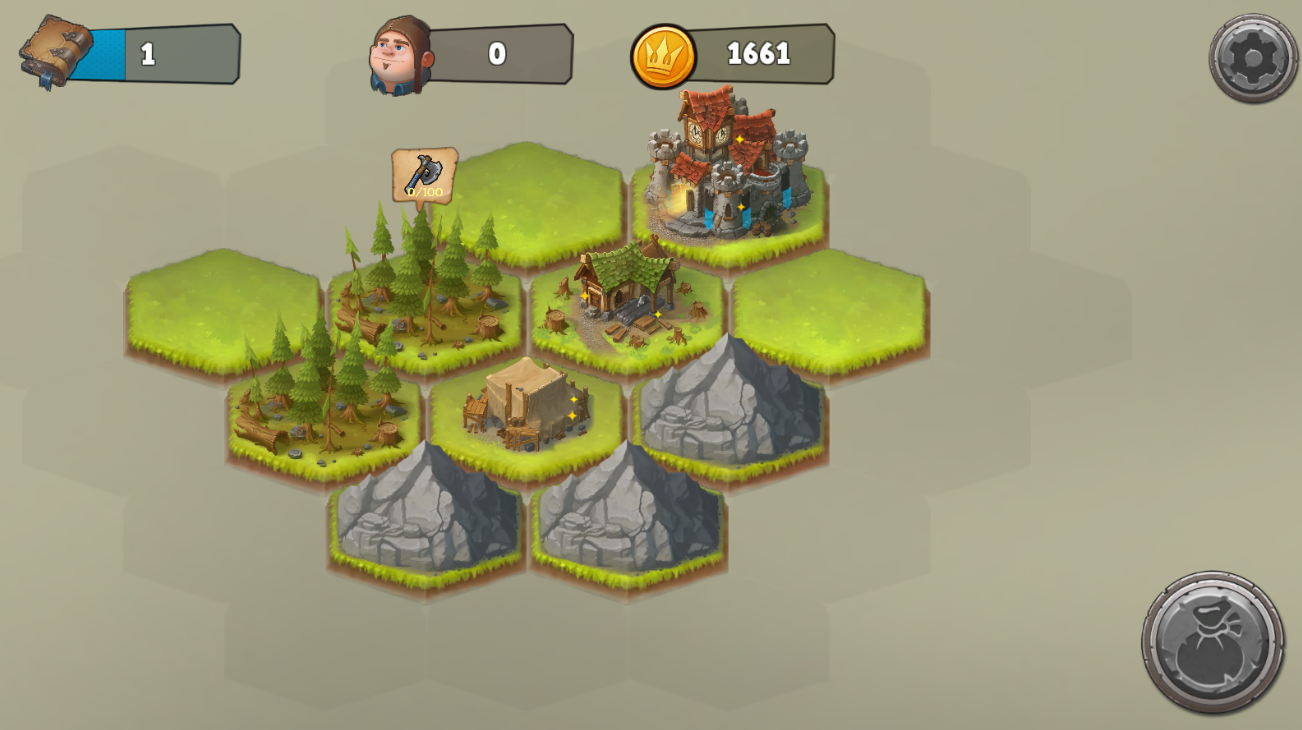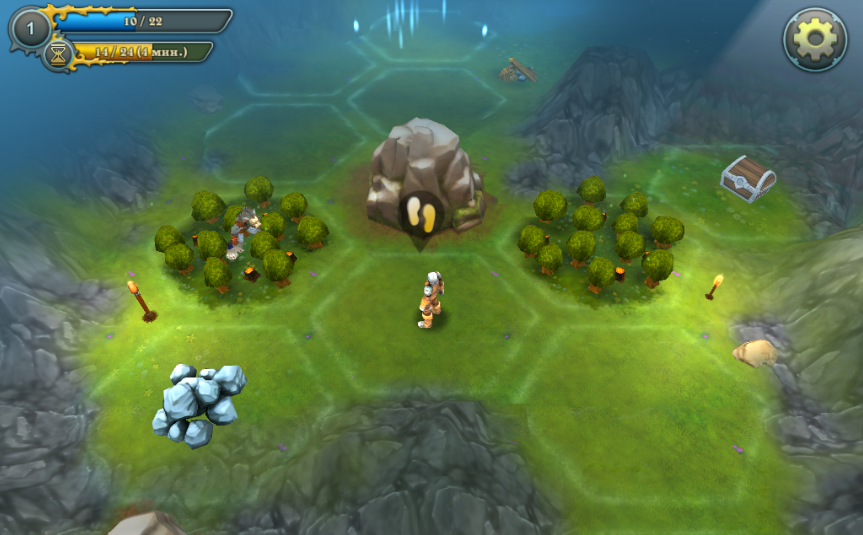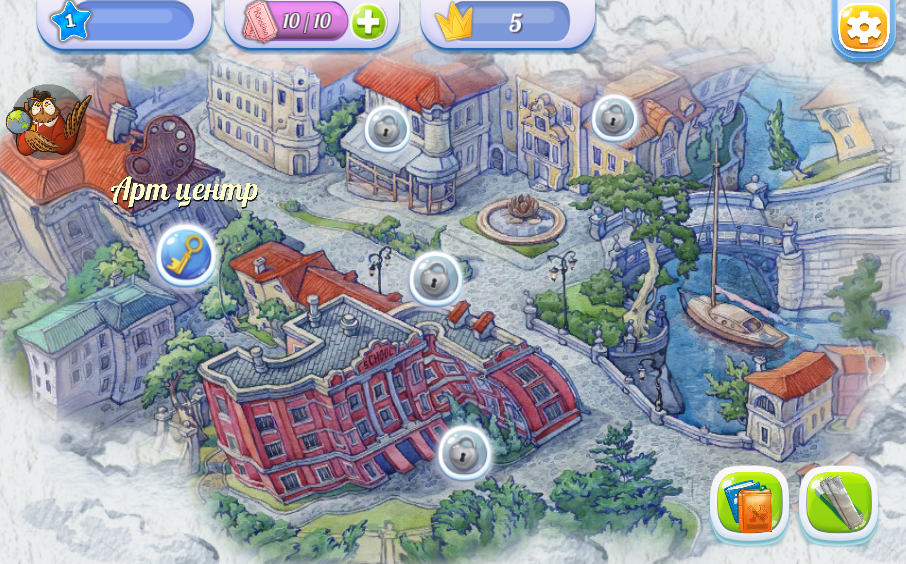“Let’s come down to earth”: Magisterion Сompany on Leaving Mobile Market and Refusing Unity
CEO of Magisterion Serge Korolev announced closing up of the mobile department and the end of Unity development. He told us about the reasons that forced him to make such a decision.

Image Credit: Dragon Stones
We are leaving the mobile gaming market and selling the rest of our projects because we’ve got an opportunity to develop games for PC and gaming consoles, which I’ve always preferred to mobile and web games. We consider this to be a step forward. I have no intentions to influence someone to do the same, you may not have the right team at least. You should never follow the majority. Of course, the PC gaming industry seems to be more promising after the mobile market became tougher, but there are certain problems everywhere and you need to work hard to succeed. So we decided to move in the direction we like the most and not to get distracted.
Surely it’s not the main reason. The mobile market requirements became very harsh and even marketing of the games went very expensive. The development of some mobile games costs much more that an ordinary indie project on Steam. Last time we re-launched our mobile farm game together with the publisher after 2 years since the project was frozen. A lot of things have changed since we worked on this project and, as a result, we failed the release. First of all, incent traffic became so expensive that it doesn’t worth it, also top charts of newly released games work poorly. Either you’re on the main page or have low conversion numbers.

Royal Lands
The market of mobile games grew up a lot. There are plenty of great games now, you may notice them being featured on the main page, there is no need to look deeper in the store. Even keeping track of the hit games isn’t easy at all, there are more and more developers out there, so mediocre games are often released unnoticed. There are more publishers of course but they are mostly looking for potentially successful games and not ready to invest in development. Sometimes they sign a project but never let it pass soft launch stage.
By the way, during last several years, I consulted some teams and very often saw games that had no chance to be successful, especially clones. But it’s almost impossible to make the developer change his mind, he strongly believes that this very game is to be the hit. In reality, most of them don’t even pay off the development expenses. I personally know some developers who spent more than $20M on 2 obviously failure projects. When you suggest changing the direction in the middle of development everyone thinks that you’re insane. And the market has nothing to do with it, the reason is that many developers underestimate the process of creation of the really successful game. Yes, there a lot of players, and they choose the best.

Dark Hunters
This isn’t only whining that everything is bad and we should leave. No, let’s just come down to earth. When someone experienced says that the game is bad – it is not from malice, but out of good intentions. It is necessary to listen and act on the principle of the fast fail. Otherwise, you may lose few years as it happened in our case. The rule of finishing all our projects harmed us, and in the end, we couldn’t keep up with the market, despite the fact that in the development of f2p titles the hard work begins in post production. So we decide to change the direction before the ship is sunk.
As for Unity, I was one of the first developers using Unity in Russia and I was sure that it had a great future. But over the years it seems that its development has gone in the wrong direction. In pursuit of big games many things haven’t changed over the years (landscapes, prefabs, editor interfaces, and so on). And the pricing needs to change in comparison with the competitors. This is a typical problem of a growing engine and some time ago the Virtools engine was ruined by the same strategy. Although Unity, in my opinion, is still the best solution for mobile games and many teams. Maybe later we will return to it if we create some, for example, multi-platform games (which are in trend now).

Master Town
I always say: “one engine for one project” (there are no universal solutions). You can earn everywhere, but you have to try to make something cool, to talk more with experienced colleagues, to learn new things, and to correct your mistakes. Some companies still develop games for social networks, and some spend investments on trendy VR. However, there is no “right way”. You just have to know your abilities, team’s interests and the market’s needs. You have to go your own way and look for greater niches where your team has something to offer because there is nothing worse than making an unwanted game.